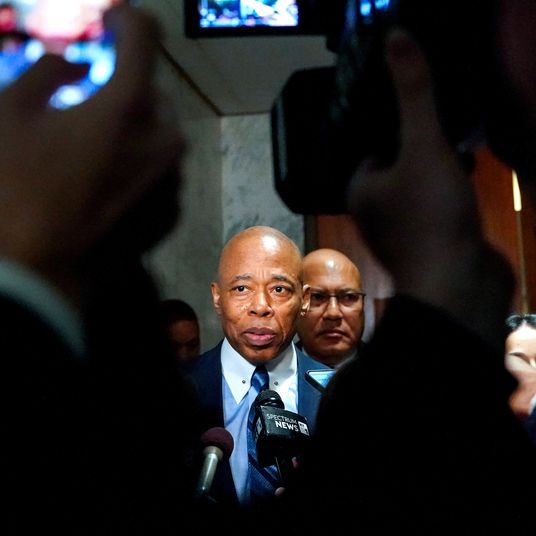Since many of Elena Kagan’s personal positions remain publicly unknown, any piece of evidence that could illuminate how she would rule as a Supreme Court justice will be scrutinized particularly closely. But that doesn’t mean they’re always helpful. On the always paramount judicial issue of abortion, all we know at this point is that in 1997, as a domestic policy adviser to President Clinton, Kagan supported a proposal by Democratic senator Tom Daschle that would have prohibited late-term abortions except when the health of the mother is in danger. What does this actually tell us about where Kagan falls on the abortion-restriction continuum? Nothing, really.
As the Los Angeles Times details today, Kagan’s role as an adviser to Clinton fell “within a nexus of law, politics and policy.” She was not a judge, ruling on the constitutionality of issues. In fact, in her memo to Clinton, Kagan, along with domestic policy adviser Bruce Reed, mentioned that the Justice Department felt the ban would be unconstitutional. Nevertheless, they told Clinton that he should back the ban on late-term abortions because otherwise he “risked seeing a Republican-led Congress override his veto on the stricter bill” under consideration at the time. As the AP notes, this was a political calculation, not a personal or legal opinion, and one specifically tailored to President Clinton, in 1997, dealing with a Republican-led Congress. Which leaves us at square one. But it doesn’t mean she’s just as likely to be pro-choice as pro-life. For one, we know she leans left ideologically. And we also know that President Obama wouldn’t have nominated her without figuring out where she stands as best as he could. He can’t say he gave her a litmus test, of course, but he has his ways.
Kagan in ‘97 urged Clinton to ban late abortions [AP via Google]





























